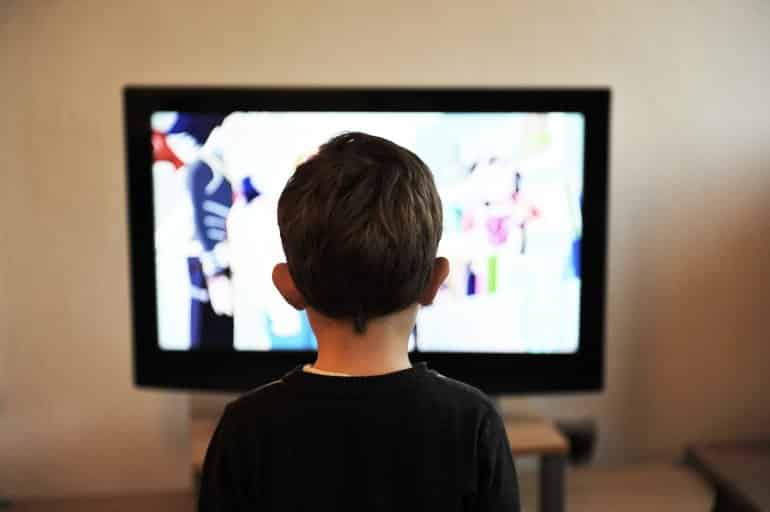Summary: Contrary to popular belief, exposure to television does not, in itself, raise the risk for toddlers developing attention-deficit problems.
Source: APS
A comprehensive review published in the journal Psychological Science re-examines previous work that claimed to show a direct link between early screen time and attention problems in children. Although other studies do not reflect these findings, the earlier research continues to be widely reported by the media.
“The findings from the original study, upon further scrutiny, are not borne out. We found that there is still no evidence that TV, by itself, causes ADHD or any kind of attention problems in young children,” said Wallace E. Dixon, Jr., a professor of psychology and department head at East Tennessee State University and coauthor of the study.
“Our research also tells us that it’s important to be skeptical of earth-shattering findings that come in the form of ‘something that everybody is doing harms our children.’ Extraordinary claims require extraordinary evidence.
“What excites us about the research is that we can ease up on blaming parents or making them feel guilty for letting their children watch television when they are very young,” said Dixon.

The newly reported research involved looking at the same data as the 2004 study and using multiverse analyses — a technique that involves asking a research question hundreds of different ways to determine if the answers are similar each time.
This method was used to create 848 analyses to find out if early TV viewing causes later attention problems. A vast majority of results showed no link between the two. The few that did, the authors believe, reflect some oddities in the data set that are not likely to represent the real world.
About this neurodevelopment research news
Source: APS
Contact: Press Office – APS
Image: The image is in the public domain
Original Research: Closed access.
“Challenging the Link Between Early Childhood Television Exposure and Later Attention Problems: A Multiverse Approach” by Matthew T. McBee, Rebecca J. Brand, Wallace E. Dixon. Psychological Science
Abstract
Challenging the Link Between Early Childhood Television Exposure and Later Attention Problems: A Multiverse Approach
In 2004, Christakis and colleagues published an article in which they claimed that early childhood television exposure causes later attention problems, a claim that continues to be frequently promoted by the popular media.
Using the same National Longitudinal Survey of Youth 1979 data set (N = 2,108), we conducted two multiverse analyses to examine whether the finding reported by Christakis and colleagues was robust to different analytic choices.
We evaluated 848 models, including logistic regression models, linear regression models, and two forms of propensity-score analysis. If the claim were true, we would expect most of the justifiable analyses to produce significant results in the predicted direction. However, only 166 models (19.6%) yielded a statistically significant relationship, and most of these employed questionable analytic choices.
We concluded that these data do not provide compelling evidence of a harmful effect of TV exposure on attention.






